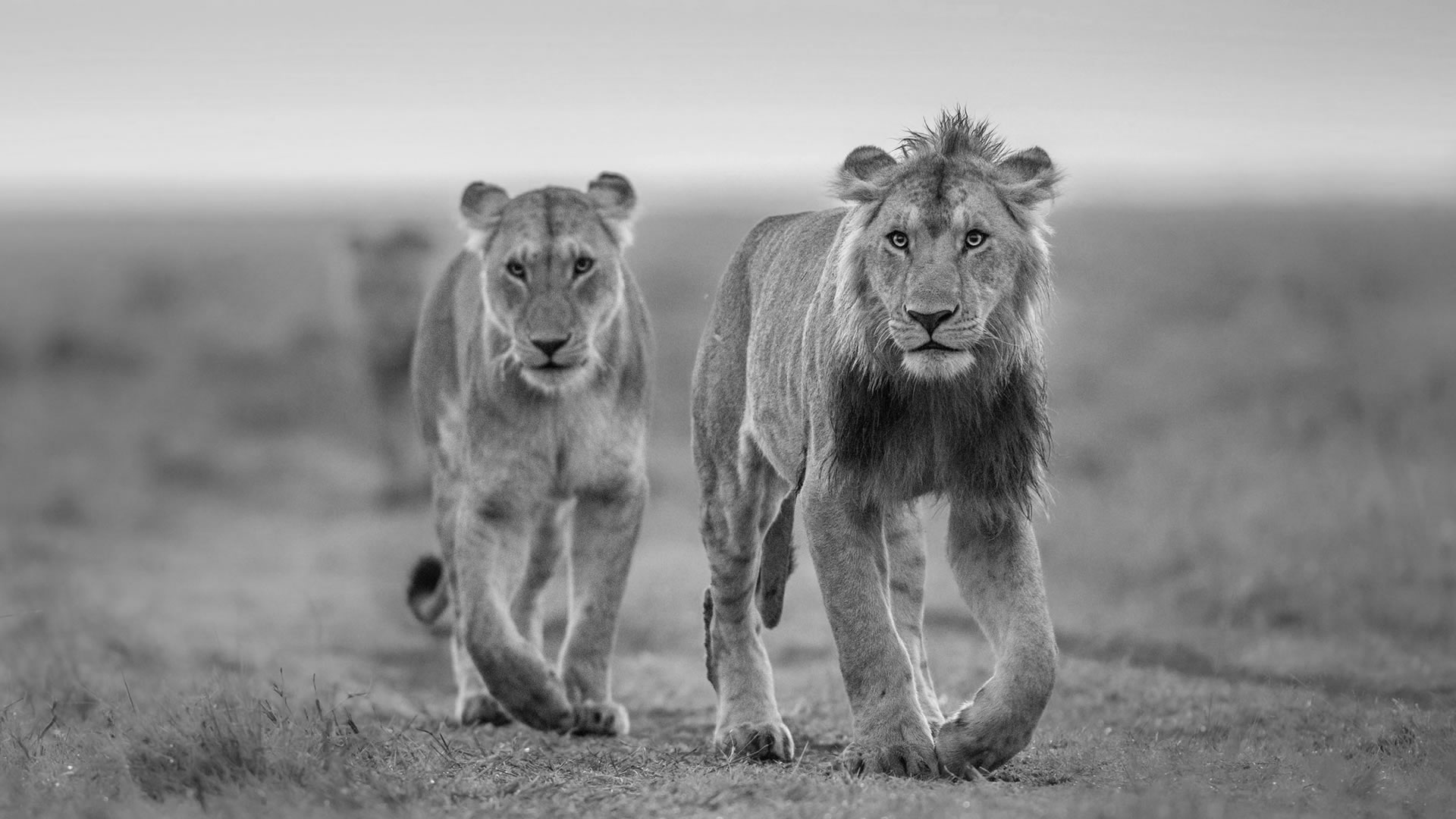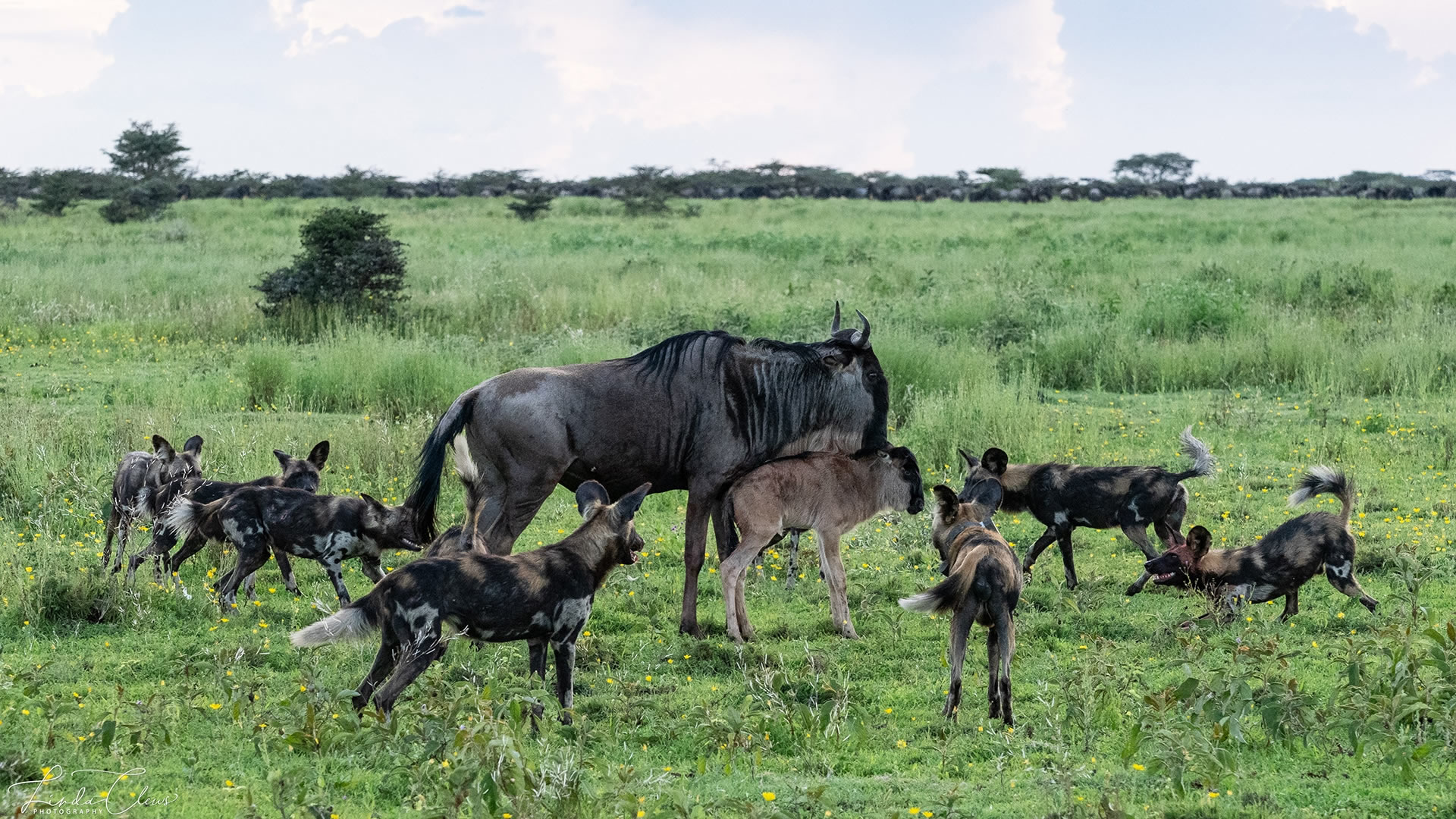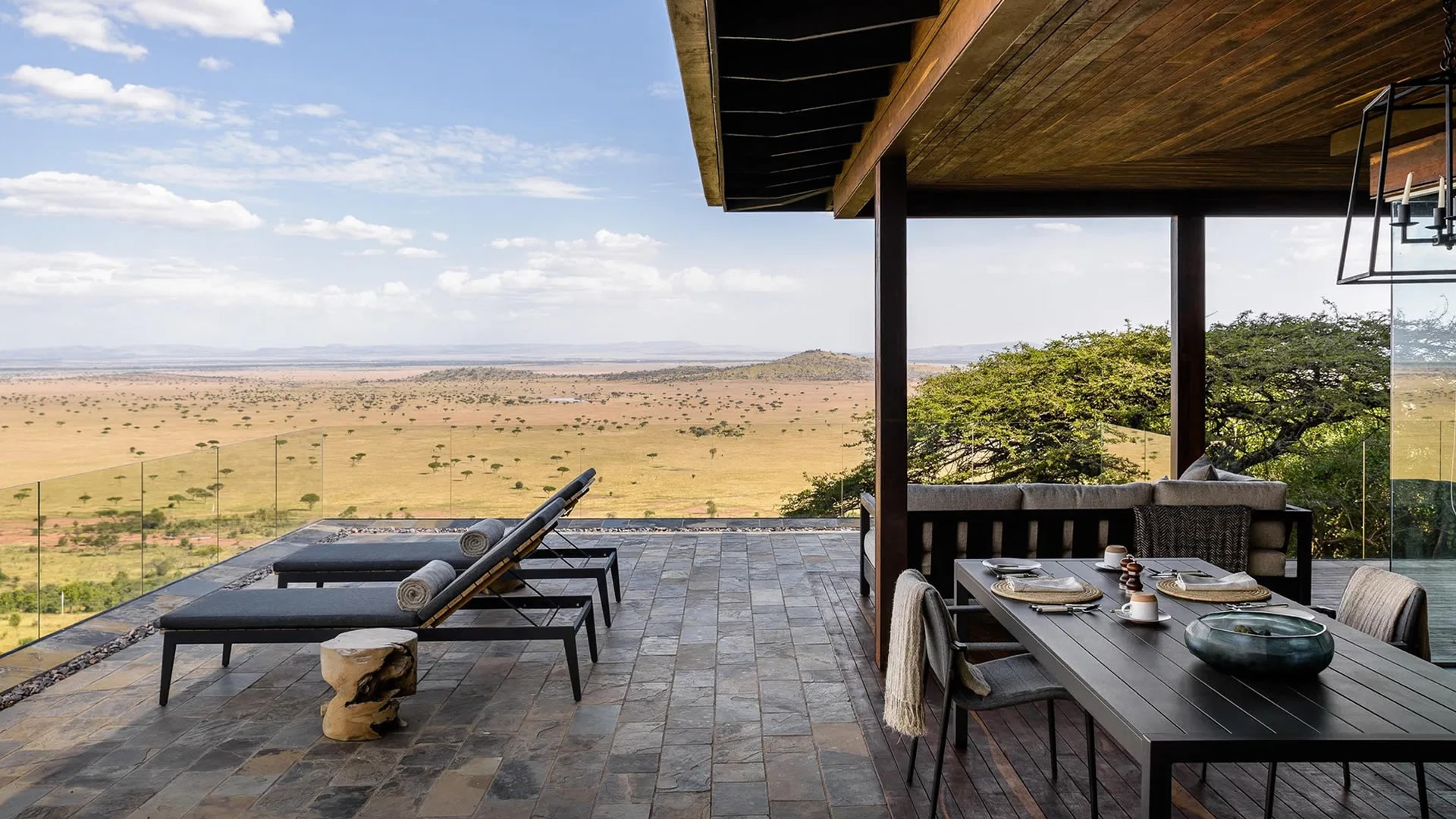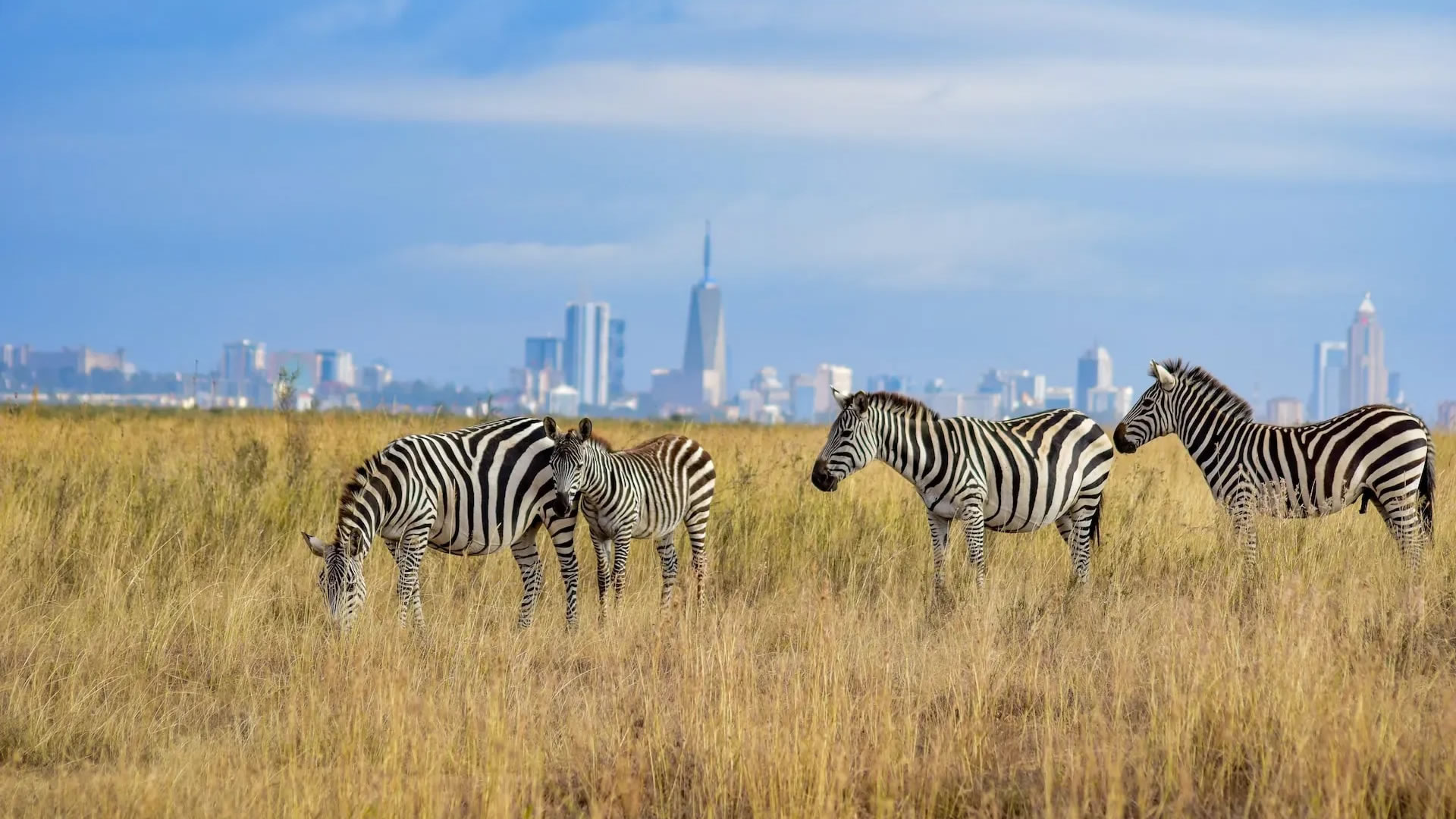
Safari Do's & Dont's
Simple Safari Etiquette
Don’t Call the Animals
Whether you’re out on a game drive, or a nature walk, you should do your best to keep your talking to a minimum and your ears open. Don’t try to get the animals’ attention by clapping, whistling, or banging on the side of the vehicle.
Loud noises can spook the wildlife, causing them to move further away from you.
By shouting, clapping, or whistling, you could trigger a charge in larger animals such as elephants, putting yourself, your guide, and your group in serious danger.
Leave no Trace
An African safari takes you into the very heart of the remote wilderness, so act with respect towards the natural environment: remember this is a delicate ecosystem that can easily be damaged. By being careless, not only will you disrupt the ecology of the area, but you may even spread diseases. Make sure you never:
- Litter or throw pieces of plastic out of the window.
- Leave the roadways and drive into the bush.
- Remove any natural material or plant life from the reserves or parks.
- Smoke while on safari.
- Feed the animals
Do not feed the animals
Animal feeding was once encouraged, but it has since been discovered that doing so has detrimental effects on the environment. Feeding both zoo and wild animals can interfere with how they normally hunt for food or gather it. It does not improve their health and could endanger them over time. Additionally, some animals are frightened of humans and may harm them if they are fed.
Do not sleep in!
Your body may be aching for rest after a long, exciting day on safari, and it may be tempting to decide to skip the game drive the following day in favor of a lie-in. If you are on a lengthy safari, this might not be a big deal, but if you are only on a 3–4 day safari tour package, it is well worth making the most of every opportunity. Even though getting up early for a game activity can be challenging at first, it’s the best time to go in search of wildlife. And when you return from the activity later in the day, you have a chance to relax. If you choose to sleep in, you risk missing the game drive and the subsequent opportunity to see wildlife, as well as another exhilarating safari activity like a balloon safari, canoe safari, walking safari, or biking safari. The types of activities vary depending on the safari location and the camp. So, before turning off the alarm and going back to sleep, give it some thought to prevent having any regrets about your safari experience.
Do not ignore your guide’s advice
You should never stray from this unbreakable law. Your safari guide’s responsibility is to lead you and keep you safe. Don’t be reluctant to follow your guide’s instructions when they are given. They may ask you to speak more quietly while watching the game because they may have heard or seen something you haven’t, and they don’t want to scare the animal. While on a walking safari where you may come across predators or wary animals, your guide will probably advise you to stop moving or avoid eye contact with them, and you must obey their instructions. They will also advise you to remain inside the vehicle for safety reasons.
Be Aware of the People Around You
People pay thousands of dollars to go on safari in Africa and for most, this represents a truly once-in-a-lifetime experience, so try to be as respectful as possible, both when you’re out on a game drive, and when you’re at the lodge. You should avoid:
- Talking too much or too loudly.
- Excessive cellphone usage.
- Obscuring other peoples’ views by constantly holding up your phone to take videos.
- Interrupting or distracting your tour guide
Don’t Be Rude to the Locals
Meeting the local communities is an important part of going on safari, and when you do meet the locals, consider greeting them in their language. This can be a simple, ‘Hello, how are you?’ because the effort represents an important step in acknowledging local cultures.
However, you should maintain a fine balance and not go overboard. When you are in the local community, do not:
- Hand out candy or sweets to the children.
- Give out gifts of money.
- Take photos of people without asking them, or your guide if it’s okay first.
- Ask a hundred questions or requests, especially before properly greeting the people you meet
At night, do not step outside your lodge, camp, or hotel
Animals are most active at night, especially predators, which are not always visible during the day. You shouldn’t be walking around outside at night unless you are on a night game drive in a game vehicle with a spotlight or safely inside the camp’s perimeter. Although the area is typically secure, there is no point in taking unnecessary risks when the majority of safari camps or lodges have been strategically placed in the middle of national parks or game reserves so that you can enjoy the wildlife experience.
Do not purchase illegal wildlife trophies!
The biggest direct threat to the survival of many of the most endangered species in the world is poaching and other wildlife crime, which has a significant and severe impact on wildlife species. Never purchase items made from animal skin or ivory, some of which are prohibited, as doing so can encourage wildlife crime and poaching. In general, know what tourist purchases you should and shouldn’t make.













